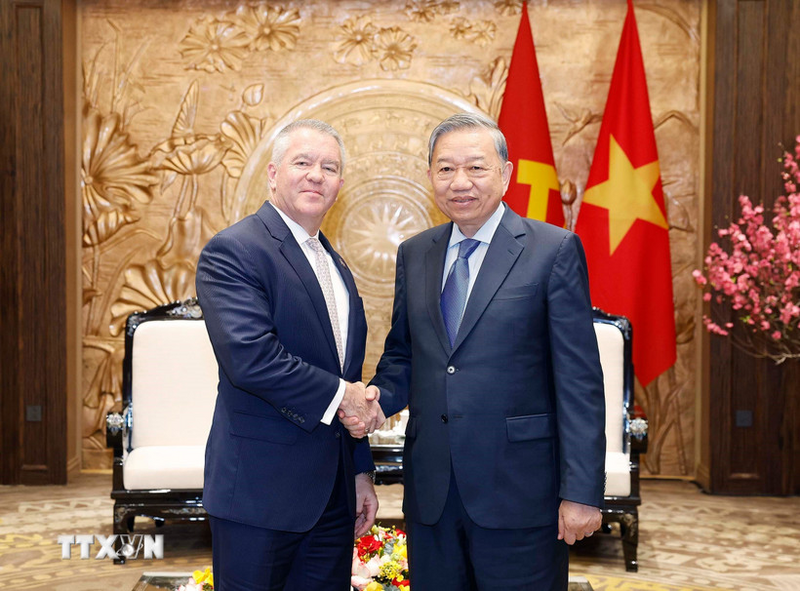
Vietnam ready to deepen comprehensive cooperation with the US
19:05 | 23/03/2025 08:30 | 15/02/2026News and Events
Five major development trends
Amid the growing impacts of pollution, resource depletion, climate change, and natural disasters, the green transition toward sustainable development has become a top national strategy. The traditional linear economy model, heavily dependent on excessive resource extraction, fossil fuel consumption, and high emissions, has revealed significant limitations, placing increasing pressure on the environment and human well-being.
To address these challenges, the environmental industry has been identified as a crucial pillar of Vietnam’s green growth strategy. It serves not only as a driver of economic development but also as an indispensable tool for tackling environmental problems at their root and achieving sustainable development goals.

Luu The Anh, Director of the Institute of Resources and Environment, Vietnam National University, Hanoi. Photo: Vien Nguyen
The environmental industry is not merely a technical field, it is also a distinctive economic sector that contributes to public health protection, ecosystem preservation, and the creation of high value-added green jobs.
According to Luu The Anh, five major trends are shaping the development of Vietnam’s environmental industry:
First, accelerating the adoption of advanced technologies and digital transformation in environmental management. To meet the growing demand for pollution monitoring and control amid rapid industrialization and urbanization, many localities and enterprises are applying IoT, smart sensors, and real-time environmental monitoring systems. The Ministry of Natural Resources and Environment has established an automatic monitoring station network transmitting real-time data to the national command center, enabling early detection of environmental incidents, though warning capacity remains limited. Businesses with large wastewater and emissions volumes are now required to install automatic monitoring systems connected to local environmental authorities. Several private firms have introduced AI technologies for waste sorting, and the management of solid waste and wastewater treatment plants, optimizing costs and improving operational efficiency.
Second, promoting a circular economy and resource recycling. Under Decision No.687/QD-TTg dated June 7, 2022, the Prime Minister approved the Circular Economy Development Scheme, identifying the environmental industry as a pillar in waste collection, recycling, and reuse. Models for recycling plastics, paper, metals, and organic waste into commercial products or raw materials are expanding across major industrial zones in Ho Chi Minh City, Dong Nai, and Hai Phong. Corporate initiatives, such as reclaiming glass bottles and aluminum cans for reuse, are helping reduce waste discharged into the environment.
Third, developing eco-industrial parks and eco-enterprises based on industrial symbiosis models. With support from the United Nations Industrial Development Organization (UNIDO), the Ministry of Planning and Investment (now the Ministry of Finance) has piloted the transformation of several traditional industrial zones into eco-industrial parks in Hai Phong, Ninh Binh, Can Tho, and Da Nang. Enterprises in these zones are encouraged to exchange by-products, reuse energy and wastewater, and reduce greenhouse gas emissions. This approach helps conserve resources and enhance the competitiveness of Vietnam’s environmental industry in global value chains.
Fourth, expanding the role of the private sector and mobilizing green finance. Vietnam’s environmental industry is witnessing a surge in BOT and PPP projects for waste treatment, clean water supply, and waste-to-energy generation. International green finance institutions, including JICA, ADB, and IFC, have funded numerous projects on waste-to-energy conversion and compost production from organic waste in Ho Chi Minh City, Hanoi, and Hue. Environmental startups are also flourishing, offering solutions to reduce single-use plastics, manufacture fully biodegradable packaging, and apply blockchain for waste traceability.
Fifth, localizing technology and strengthening domestic manufacturing of environmental equipment. Beyond imported technologies, many Vietnamese firms are now researching and producing wastewater treatment systems, small and medium-sized incinerators, and automated waste sorting devices. Localization not only reduces investment costs but also facilitates the development of a domestic supply chain for the environmental industry.
Building a competitive environmental industry
According to Luu The Anh, three conditions are necessary for Vietnam to build a competitive and export-capable environmental industry.
First, establishing a comprehensive and transparent legal framework. A consistent and stable legal system is the foundation for developing the environmental industry. The legal corridor must clearly define the responsibilities of organizations and individuals in environmental protection, align environmental standards and regulations with international practices, and ensure strict monitoring and enforcement. Environmental protection objectives should also be integrated into socio-economic development strategies, sectoral plans, and provincial master plans to harmonize growth with sustainability.
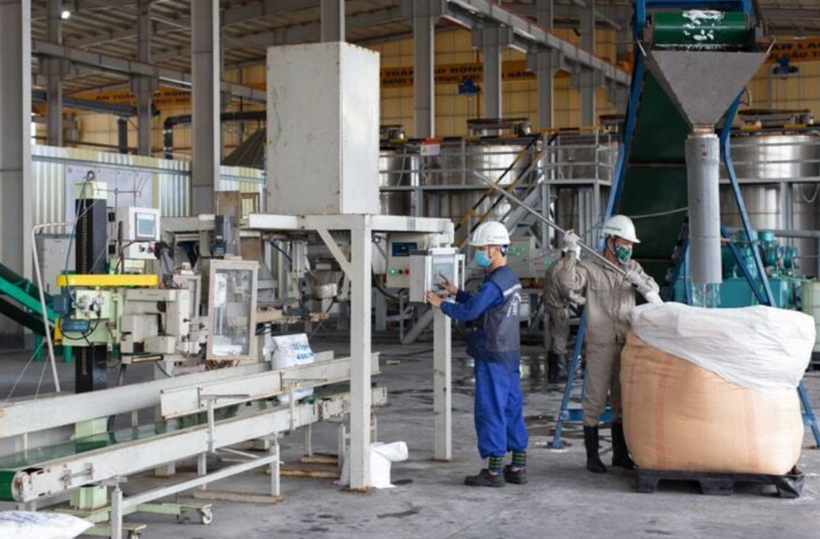
Vietnam needs to continue developing and improving its policy system to support environmental industry development.
Second, mobilizing financial resources and developing human capital and technology. Finance is a decisive factor in enabling environmental enterprises to expand. The Government should create support funds, offer preferential credit, and reduce taxes for enterprises adopting clean technologies. At the same time, developing a skilled workforce with strong expertise in environmental technologies is essential for innovation and efficient operation. Modern technologies, particularly in waste treatment, recycling, renewable energy, and digitalized environmental management, should be prioritized for domestic development and rapid transfer from advanced economies.
Third, enhancing international cooperation and attracting investment. Stronger international cooperation will enable Vietnam to access capital, advanced technologies, and management experience in the environmental industry. The country should actively participate in regional and global networks, sign strategic agreements, and implement joint projects with international partners. Foreign direct investment in the environmental sector must go hand in hand with technology transfer and workforce training to help Vietnam master core technologies while strengthening internal capacity.
As a combined industrial and high-tech service sector, the environmental industry plays a leading role in protecting the environment and driving the green transition in Vietnam’s socio-economic development.

19:05 | 23/03/2025 08:30 | 15/02/2026News and Events
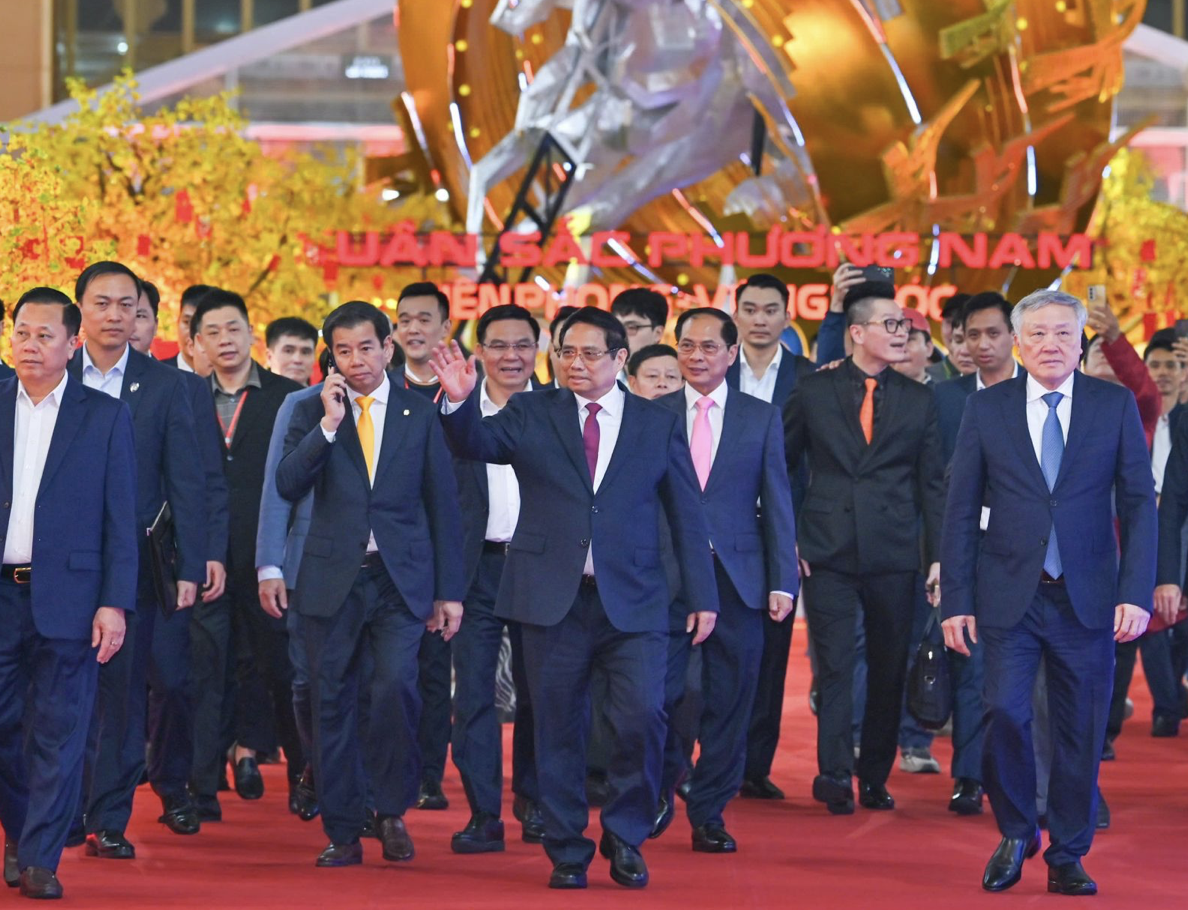
19:05 | 23/03/2025 08:25 | 15/02/2026News and Events

19:05 | 23/03/2025 16:44 | 14/02/2026Tourism
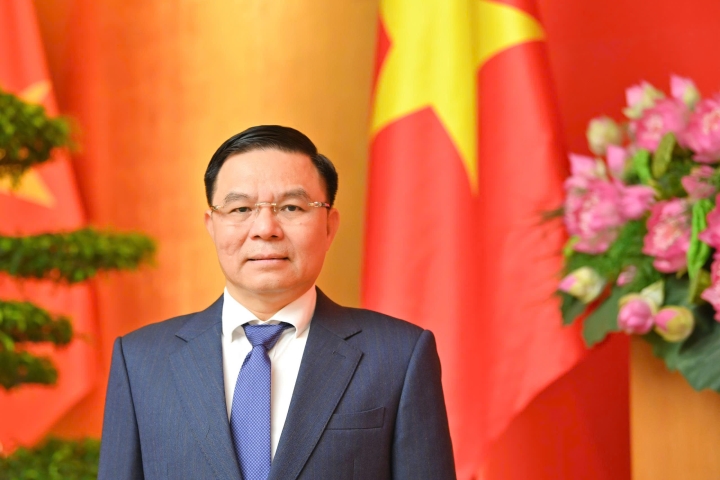
19:05 | 23/03/2025 16:33 | 14/02/2026Home Page
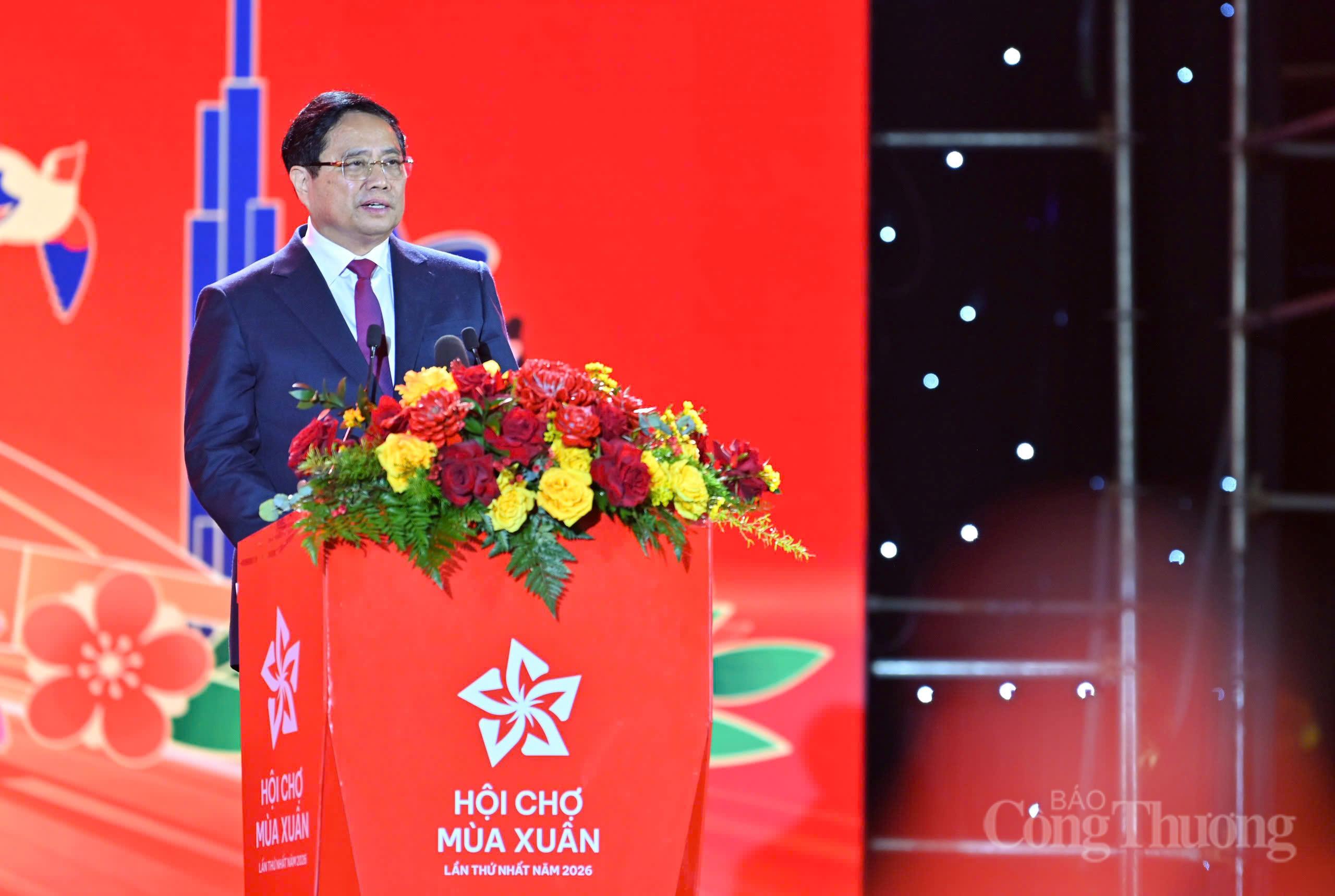
19:05 | 23/03/2025 16:32 | 14/02/2026Trade